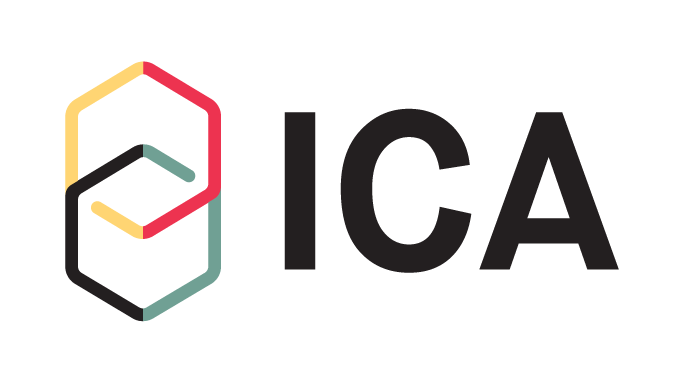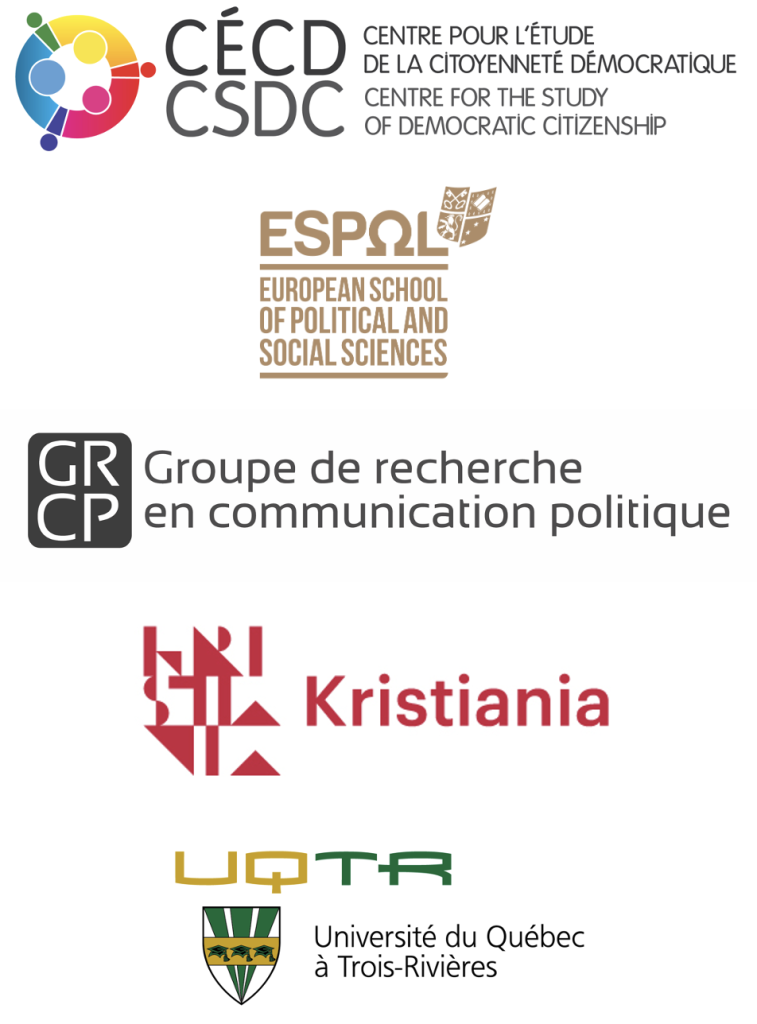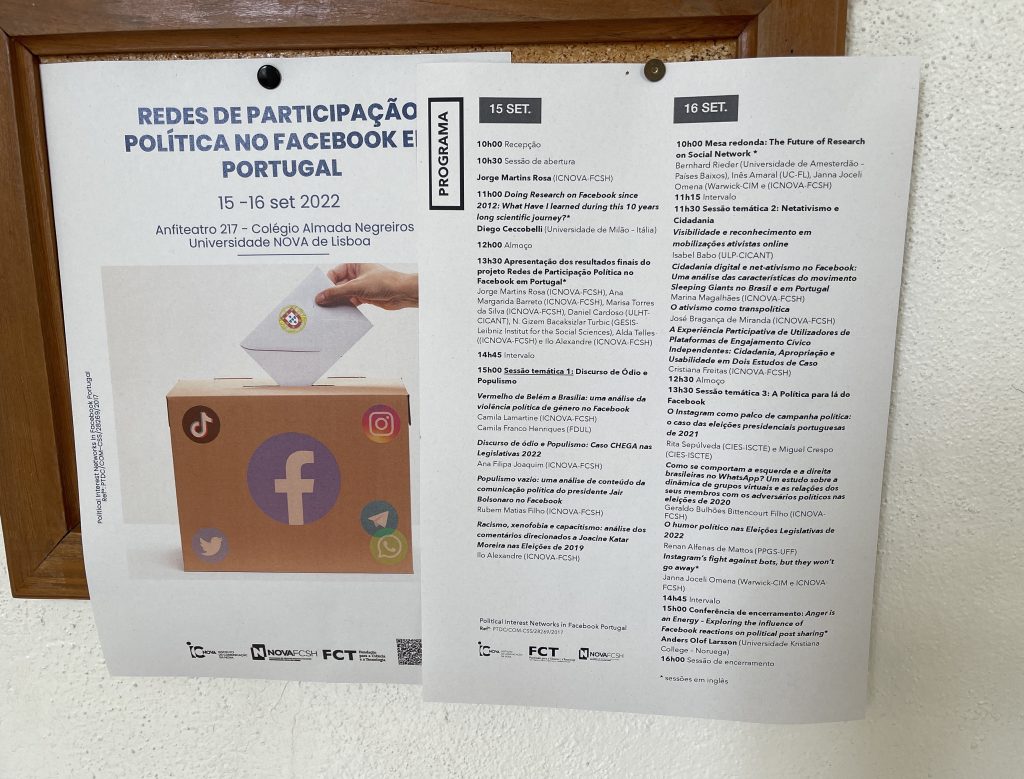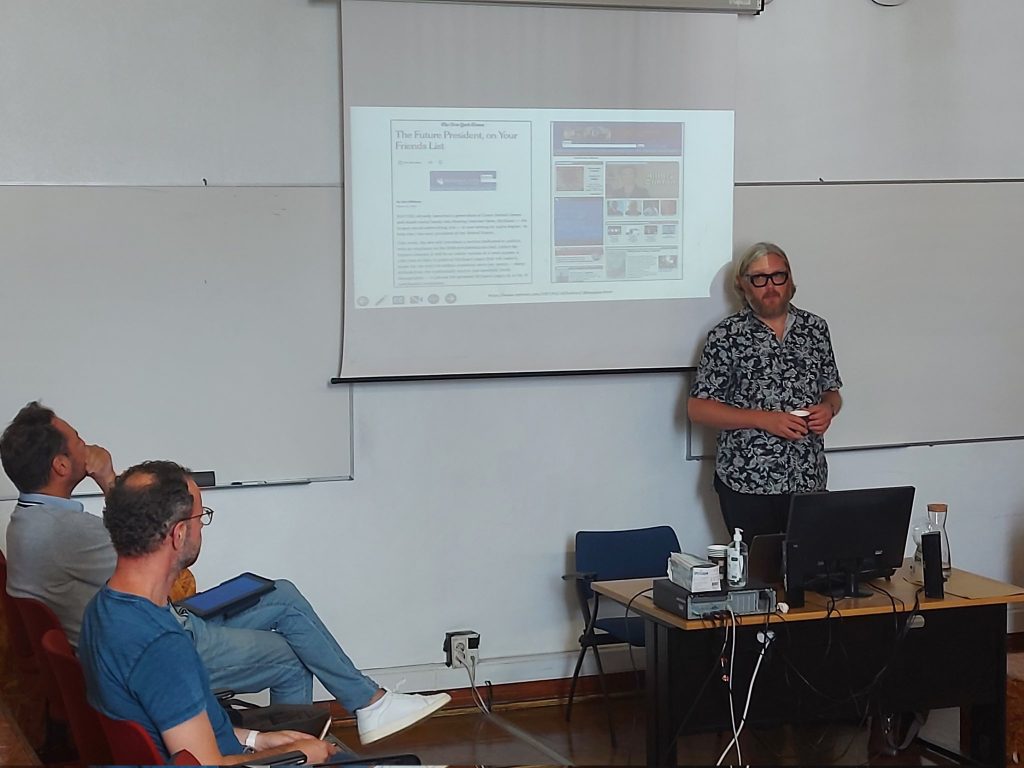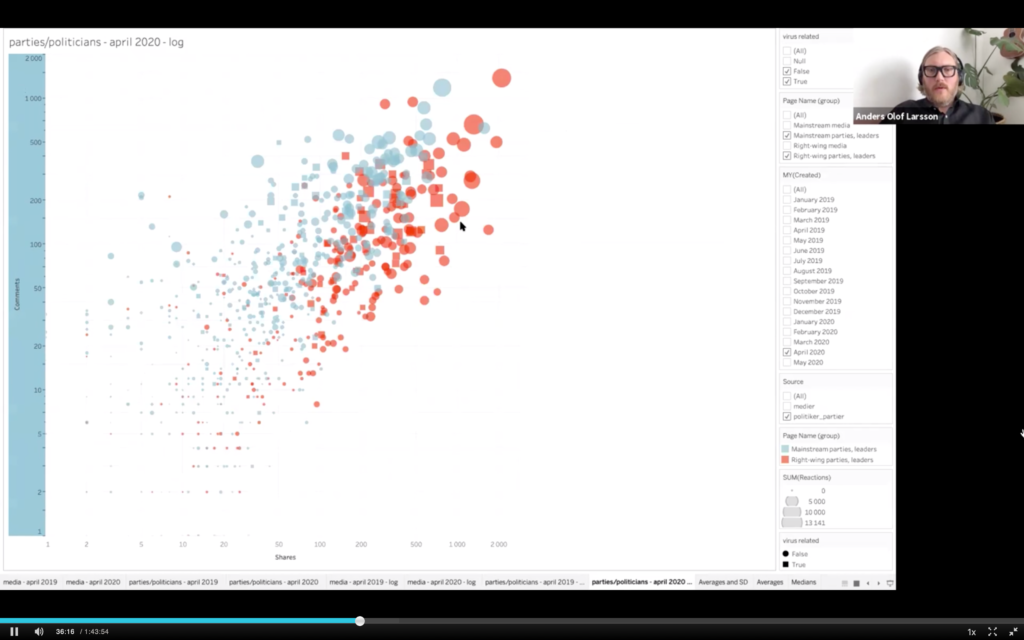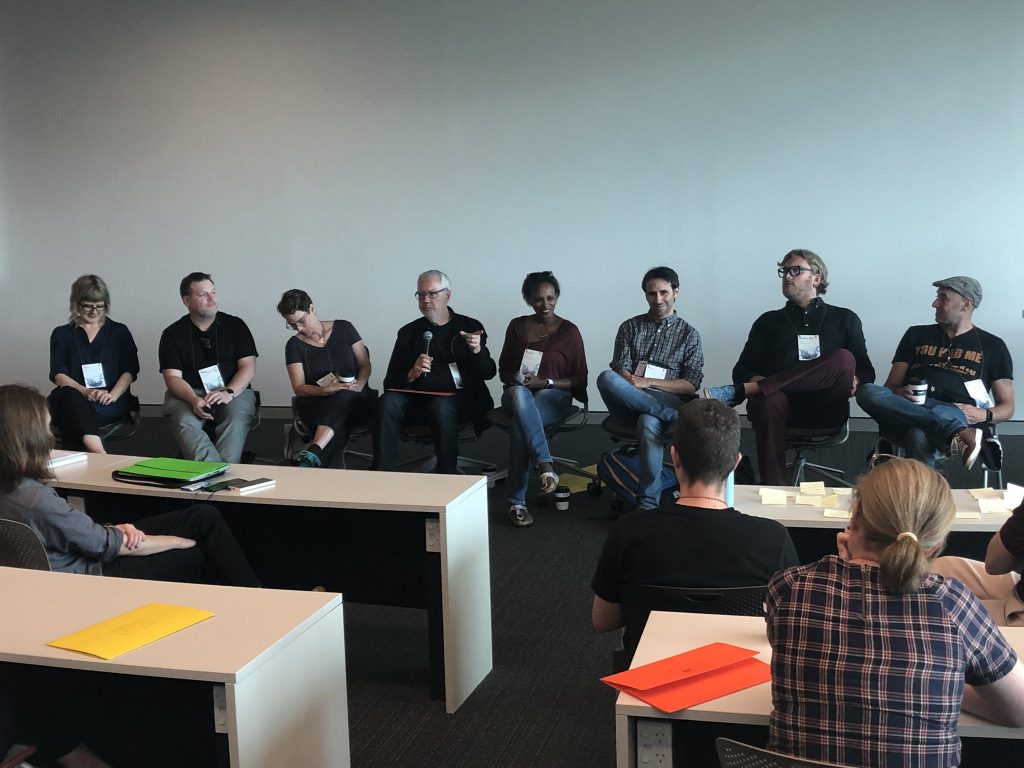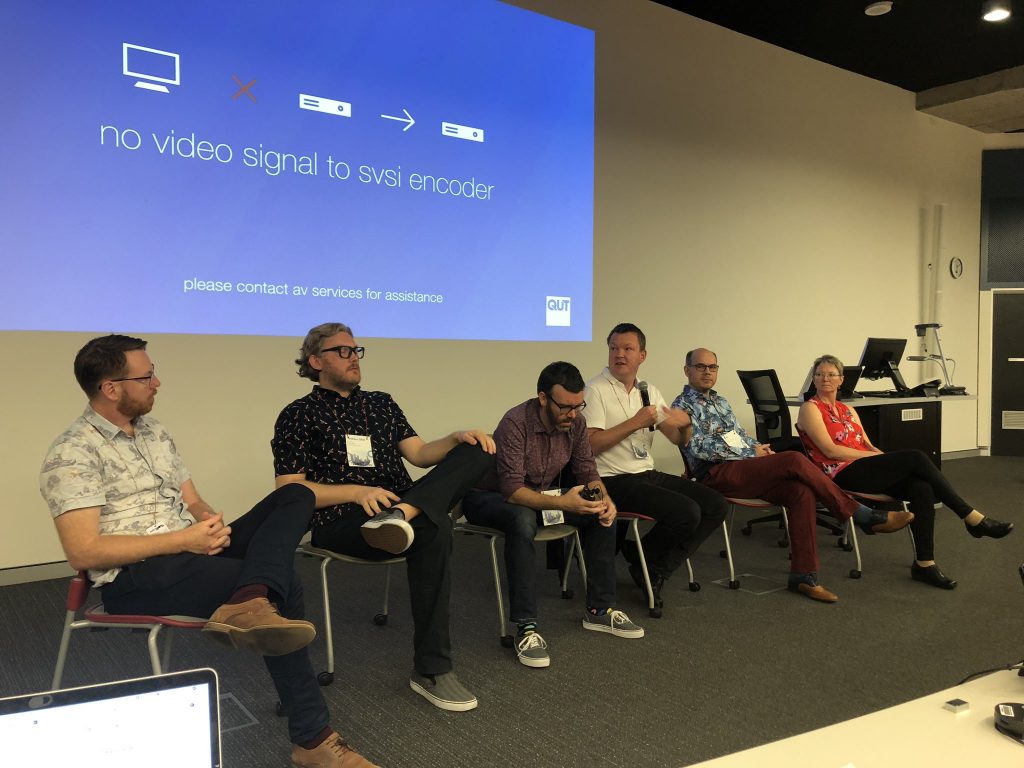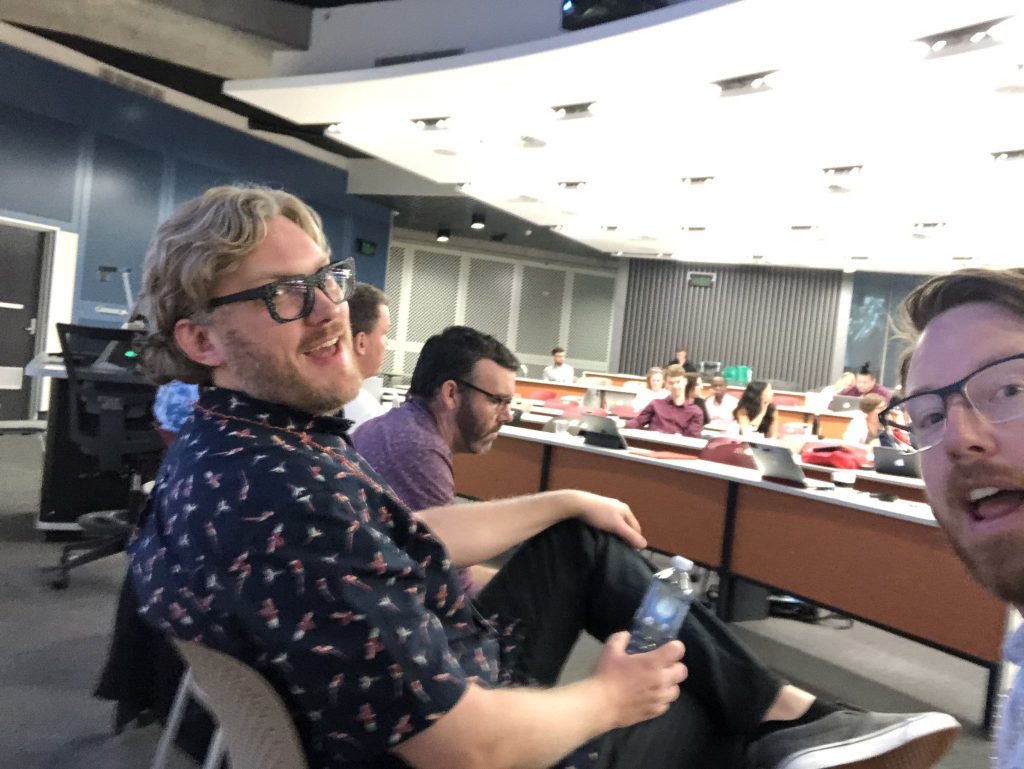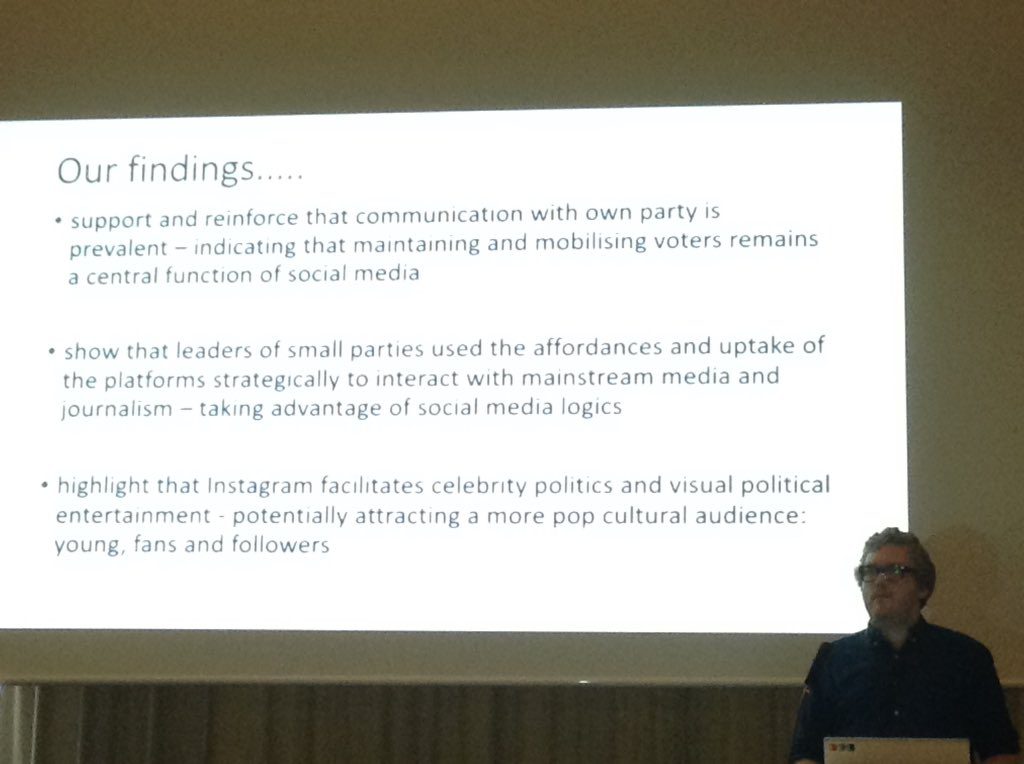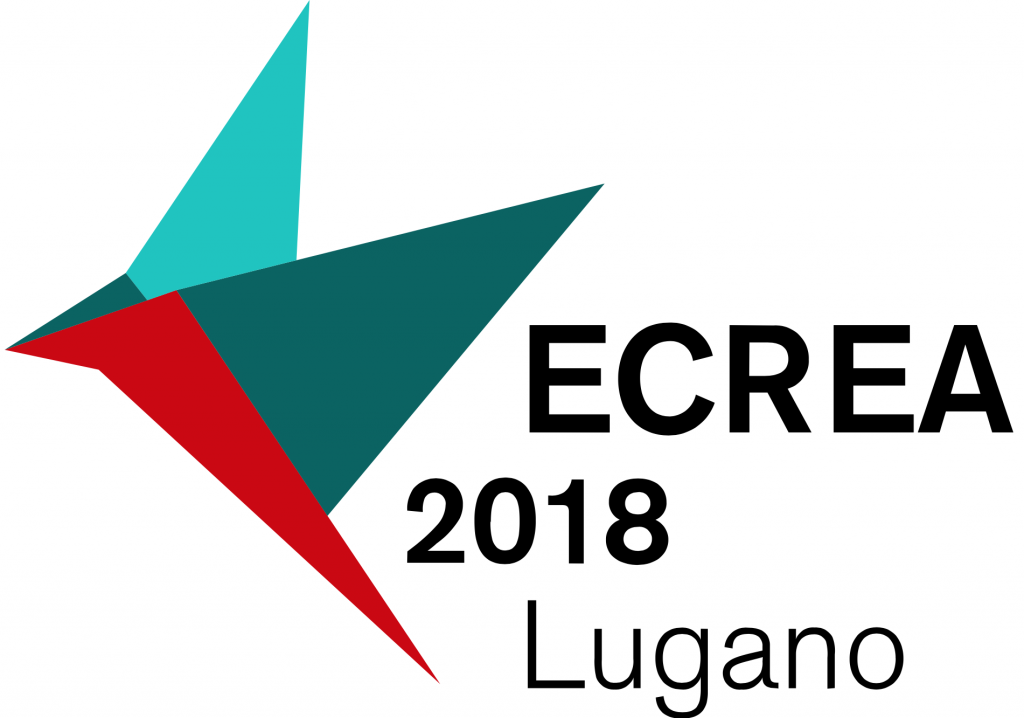References
Bennett, W. L., & Pfetsch, B. (2018). Rethinking Political Communication in a Time of Disrupted Public Spheres. Journal of Communication, 68(2), 243-253. https://doi.org/10.1093/joc/jqx017
Bossetta, M. (2018). The digital architectures of social media: Comparing political campaigning on Facebook, Twitter, Instagram, and Snapchat in the 2016 U.S. election. Journalism & Mass Communication Quarterly, 95(2), 471–496. https://doi.org/10.1177/1077699018763307
Boulianne, S. (2020). Twenty years of digital media effects on civic and political participation. Communication Research, 47(7), 947-966. https://doi.org/10.1177/0093650218808186
Esser, F., & Pfetsch, B. (2020). Political Communication. In D. Caramani (Ed.), Comparative Politics. Fifth edition (pp. 336-358). Oxford University Press.
Jacobs, K., Sandberg, L., & Spierings, N. (2020). Twitter and Facebook: Populists’ double-barreled gun? New Media & Society, 22(4), 611-633.https://doi.org/10.1177/1461444819893991
Klinger, U., & Koc-Michalska, K. (2022). Populism as a communication phenomenon: A cross-sectional and longitudinal comparison of political campaigning on Facebook. Mots(128). https://doi.org/10.4000/mots.29685
Kreiss, D., Lawrence, R. G., & McGregor, S. C. (2017). In Their Own Words: Political Practitioner Accounts of Candidates, Audiences, Affordances, Genres, and Timing in Strategic Social Media Use. Political Communication, 35(1), 8-31. https://doi.org/10.1080/10584609.2017.1334727
Larsson, A. O. (2021). ‘Win a sweater with the PM’S face on it’ – A longitudinal study of Norwegian party Facebook engagement strategies. Information, Communication & Society, 1-20.
Liu, J., Liu, X., & Jensen, K. B. (2020). Comparative Media Studies in the Digital Age: Taking Stock, Looking Ahead — Introduction [comparative research, digital media, Internet, context, mobility, context-aware comparative communication studies]. International Journal of Communication, 14, 5754–5760. https://ijoc.org/index.php/ijoc/article/view/14548
Magin, M., Podschuweit, N., Haßler, J., & Russmann, U. (2016). Campaigning in the fourth age of political communication. A multi-method study on the use of Facebook by German and Austrian parties in the 2013 national election campaigns. Information, Communication & Society, 20(11), 1698-1719. https://doi.org/10.1080/1369118x.2016.1254269
Matassi, M., & Boczkowski, P. (2021). An Agenda for Comparative Social Media Studies: The Value of Understanding Practices From Cross-National, Cross-Media, and Cross-Platform Perspectives [social media, comparative studies, theory building, cross-national, cross-media, cross-platform, history, language]. International Journal of Communication, 15.
Roemmele, A., & Gibson, R. (2020). Scientific and subversive: The two faces of the fourth era of political campaigning. New Media & Society, 22(4), 595-610. https://doi.org/10.1177/1461444819893979
Seawright, J., & Gerring, J. (2008). Case selection techniques in case study research: A menu of qualitative and quantitative options. Political Research Quarterly, 61(2), 294-308.
Vaccari, C., & Valeriani, A. (2021). Outside the bubble: Social media and political participation in western democracies. Oxford University Press.
